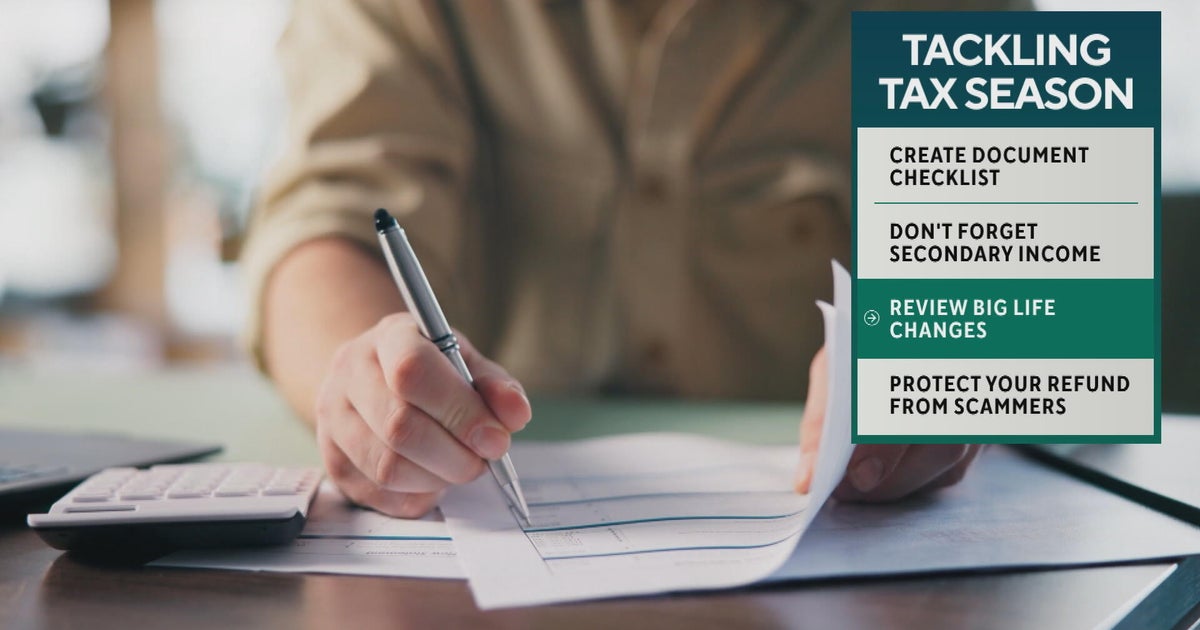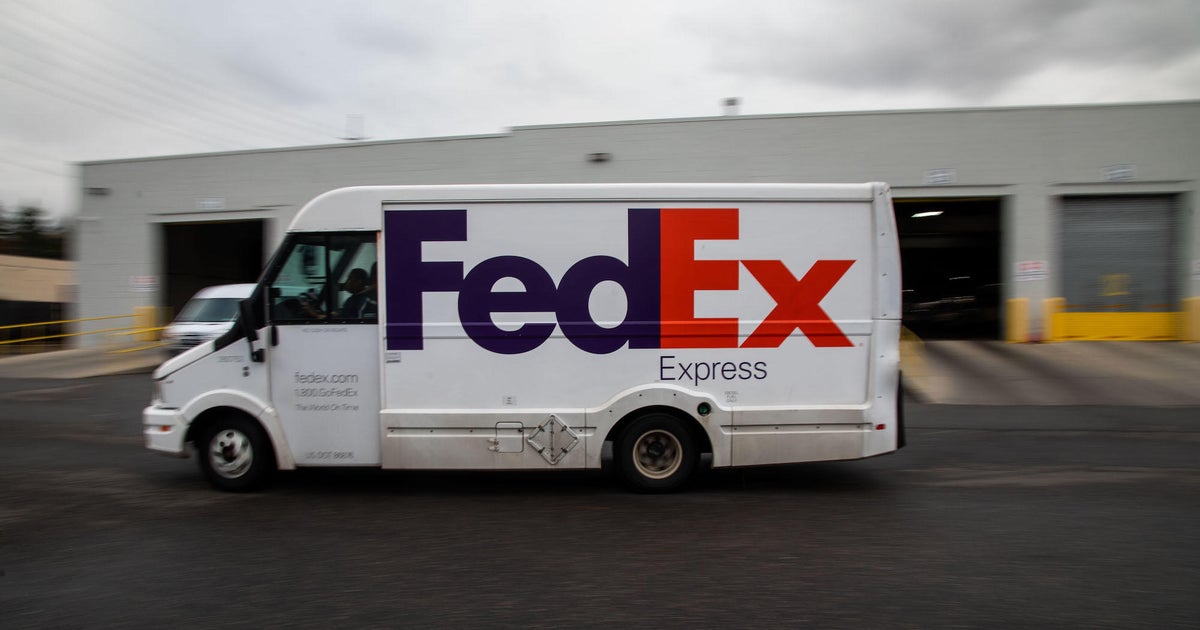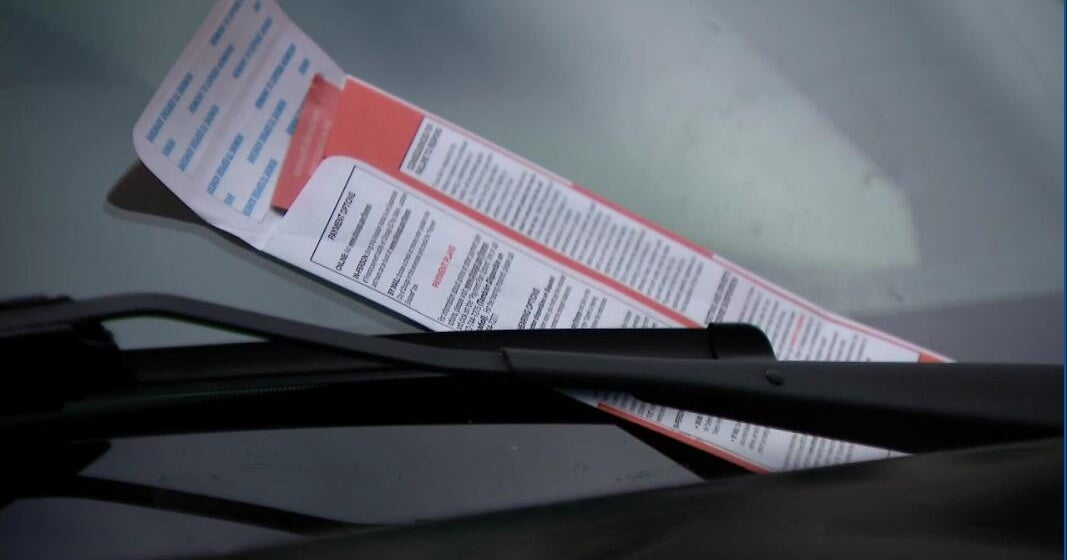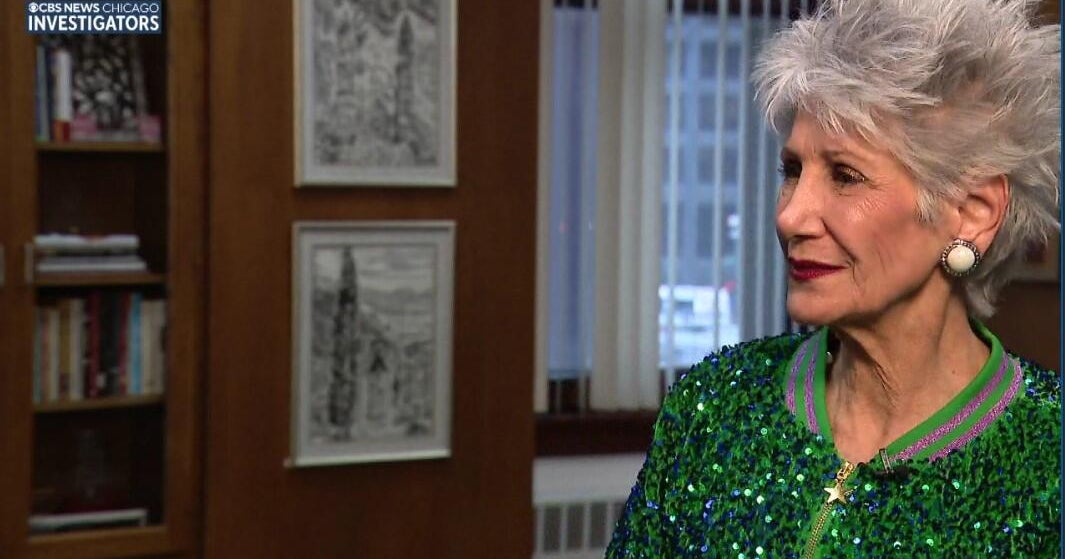On Your Side: Middle Class Tax Refund fraud
More than $9 billion has been paid out to Californians in the form of the Middle Class Tax Refund. But thieves are cashing in too.
We've received emails from viewers who say they went to use their Middle Class Tax Refund debit card, only to find that thieves got to it first. And security experts say it's not hard to do.
"This credit card came, return address in Omaha, Nebraska, a bank out of New York," said fraud victim Cathie Terrones.
Terrones almost trashed her Middle Class Tax Refund, thinking it was junk mail.
"We were expecting a direct deposit because our previous had gone directly into our bank accounts," said Terrones.
Once she realized what it was, she activated it and created a personal identification number. A few days later she went to use it to buy gift cards for Christmas.
"And he said 'Ma'am I'm really sorry.' There was $1.98 on the card," said Terrones.
Terrones went online to check her balance and found the card had been drained. About $700 spent 15 miles away at Big Lots and Taco Bell.
"They obviously didn't have my PIN number because the card was never out of my possession," said Terrones.
So how do thieves do it?
"The cards, between the time they leave the facility to time they get to the individual, there is some nefarious group getting in there," said LexisNexis Risk Solutions cybersecurity expert Haywood Talcove.
Talcove says it's pretty easy to do if the debit card doesn't have a chip. The California Franchise Tax Board tells KCAL News that due to supply-chain issues with chipped cards, magnetic-strip cards were sent out.
"And because it's not chip-enabled, there is zero security," said Talcove.
Talcove shared with us screenshots from the Dark Web, where thieves are bragging about six-figure amounts hitting their bank accounts.
But there are steps consumers can take to minimize their fraud risk. Once you activate the card, use it immediately or have it transferred directly to your bank account.
As for Cathie Terrones and her husband, both retired, they're now waiting on a fraud investigation and hoping to get their money back.
"So $700 would really help us out," said Terrones. "But unfortunately someone else had other plans."
Security experts tell me the thieves stealing this money are likely the same criminals who got billions from our unemployment system during the pandemic.
The Franchise Tax Board did assure us that this time, fraud levels are low: less than 1 percent. But security experts tell me they expect that number to rise.








